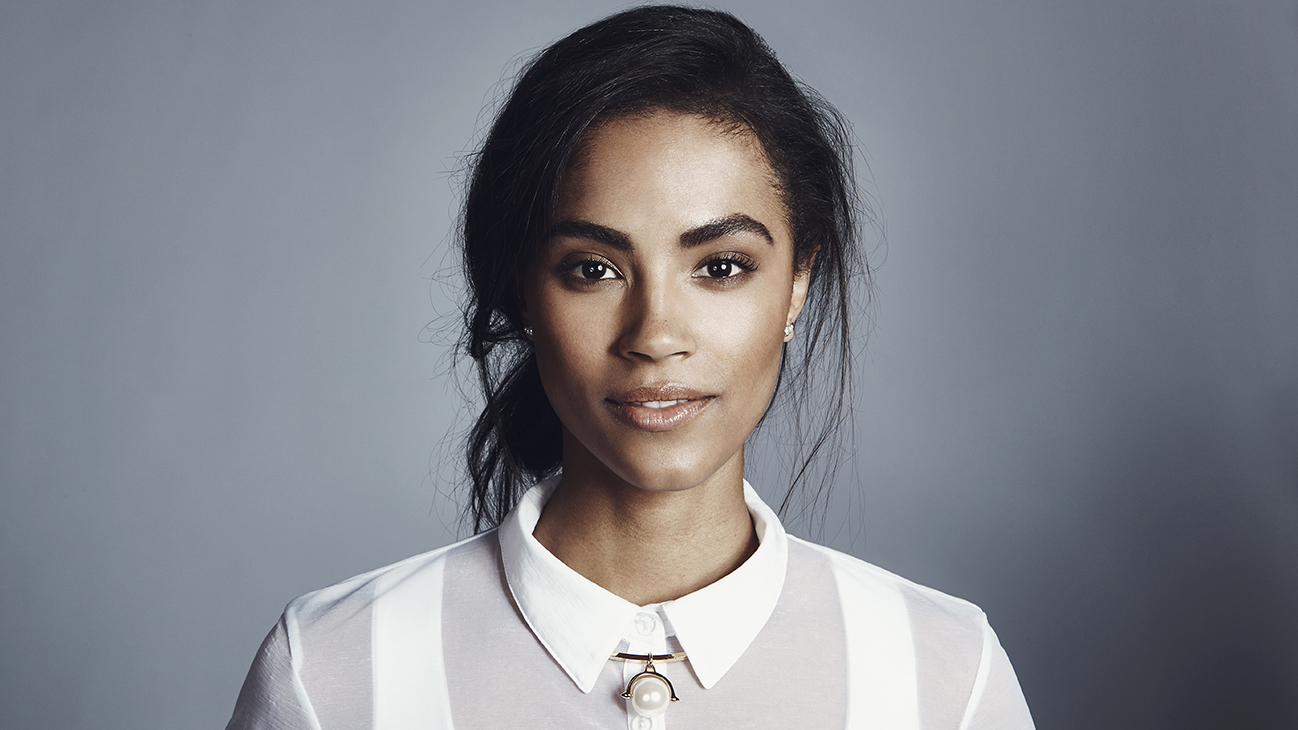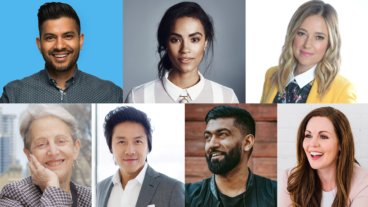Futurist Sinead Bovell believes if we want to get our future with technology right, everyone needs to be a part of the conversation. In her newly launched YouTube series with WIRED magazine, she explores how technology is changing our world — the opportunities, the red flags, and everything in between — so we can all learn and prepare for what’s next.
Sinead is the founder of WAYE, an organization that helps prepare the next generation of business leaders for a world radically transformed by technology. She strives to create conversations that will lead towards a progressive, informed, and thriving new era.
In her first episode, which dropped on January 25, Sinead explores the digital afterlife. More and more, she says, we are living our lives online building a digital footprint of text messages, emails, social media posts, etc. So, what happens to all of it after we die?
Sinead looked at three different angles: Why we should think about our data after death, how our data can take on a life of its own, and what it means to be digitally immortal.
Protecting our Data After Death
In 2019, Twitter announced that they would be removing inactive profiles because these inactive users couldn’t agree to updated policies. This sparked a slew of backlash, Sinead said, from those that would lose a digital remnant of their deceased loved ones.
These digital archeological sites, Sinead said, are a permanent reminder of who we were as people. It’s important to take care of your online affairs to ensure what’s left behind is how you want to be represented and remembered, and to protect it from hackers and scammers who target accounts of deceased users.
With 90% of people having no plan for what happens with their data after death, Sinead spoke with Rikard Steiber, a death tech leader and CEO and Founder of Goodtrust. His company gathers data and preserves it after you die. He emphasized how priceless memories and assets can be lost after death — such as photos in iCloud, bitcoins, etc. — and how complicated the process is for loved ones to reclaim them. Having a plan eases this process.
Living Digitally After Death
The data you leave behind, Sinead said, can also take on a life of its own. Through customer service inquiries, we’re already interacting with AI chatbots all the time. They are trained by analysing examples of type and style of language that companies want the chatbot to replicate.
People have already used this technology to re-create their loved ones. A Canadian journalist went viral after sharing an article about how he digitally resurrected his ex-fiancée through a chatbot by feeding it old text and Facebook messages. He said there were elements that truly reminded him of her and that the chatbot helped him move on with his life.
While these chatbots aren’t the real people — they are AI’s best prediction of what the deceased would say — Sinead wondered what would happen if technology could also tap into our brains? Or at least the contents of our brains?
Becoming Digitally Immortal
Memory engrams are the physical representation of memory. This tech is typically used for research into brain disorders, like Alzheimer’s. But, Sinead said, this tech creates implications on the digital afterlife, with many asking whether or not we can manipulate or preserve these physical representations of memory after we die?
Uploading memories to the cloud has already been explored in pop culture through shows like Upload and Westworld, with futurists predicting a version of this to be available by 2045.
Sinead spoke with Dr. Michael Graziano who is actively exploring the brain basis of consciousness and the possibility of it being “uploaded”. He explained that all tech already operates by mimicking our biology, so it’s not farfetched to push this even further with mimicking our consciousness. Understanding our consciousness enough to upload it will be a watershed moment of our species, he said.
Tech always brings about profound change, Sinead said, but even with the perfect brain simulator, the digital you is still not you. Whatever makes you uniquely human stays with you — at least for now.
Watch Sinead’s full fascinating episode in the video below:
A futurist and expert on AI and the future of work, Sinead Bovell is a five-time United Nations speaker, an experienced host, and is certified in AI ethics from MIT.
Interested in learning more about Sinead and what she can bring to your next event as a keynote speaker, host, or moderator? Email us at [email protected].



